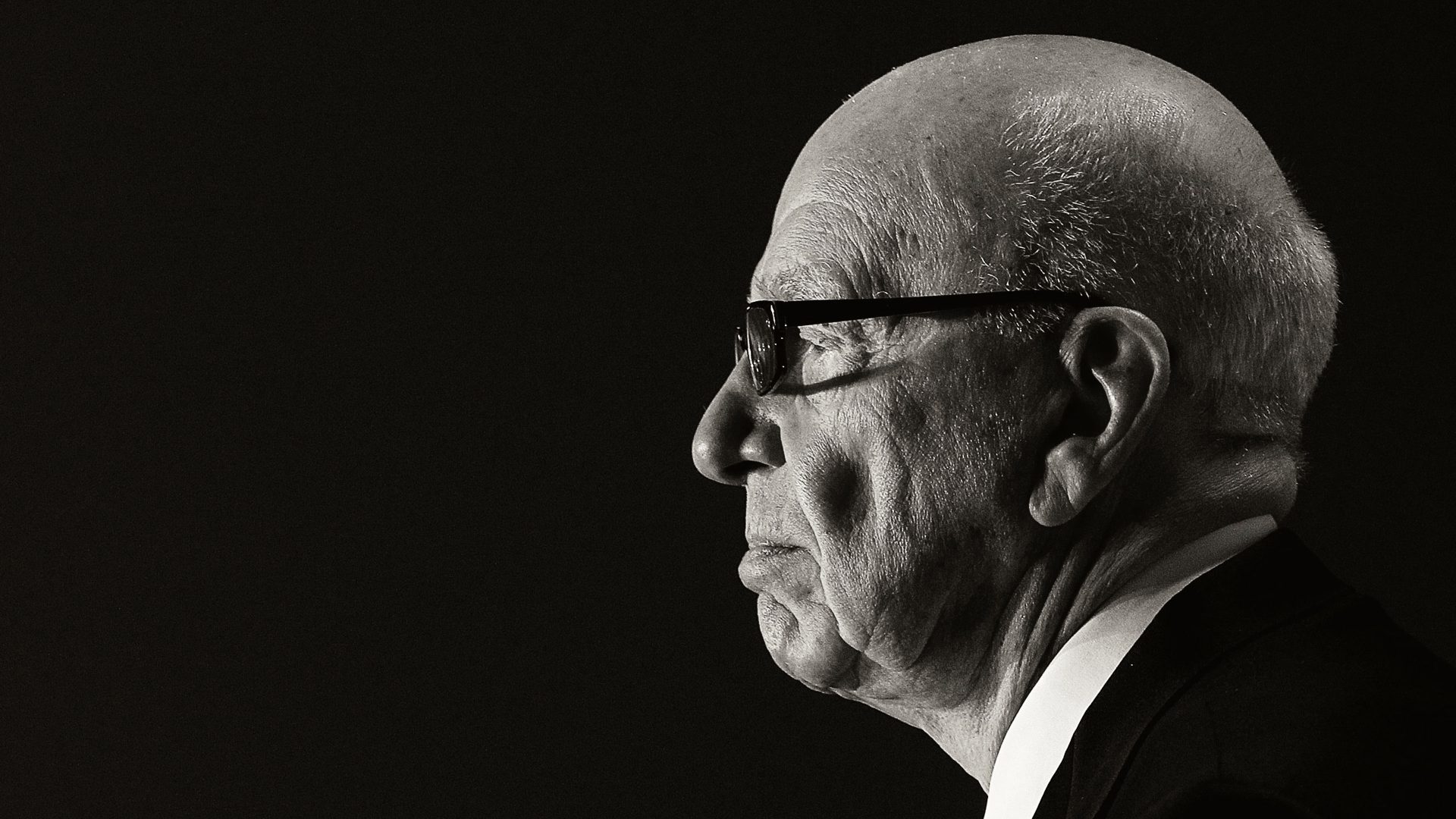Jeff Bezos, the owner of the Washington Post, said last year he was confident the iconic newspaper would be in safe hands when he appointed the former Rupert Murdoch executive Sir William Lewis as its publisher and CEO. Lewis, for his part, talked of his “commitment to championing high-quality journalism and safeguarding democratic values”.
Quite how safe a pair of hands Lewis actually is – and how strong a commitment he has to safeguarding democratic values – are now very much in focus after the former prime minister Gordon Brown learned of the explanation Lewis had given to the police for the mass deletion of emails at Murdoch’s UK operation ahead of the investigation into phone-hacking more than a decade ago.
Lewis, then right-hand man to Murdoch’s representative on earth, Rebekah Brooks, claimed the company had done it as a precautionary measure after learning that Brown, as PM, along with his aide, Tom Watson, had a mole within the company that they had been using to intercept sensitive internal emails.
Watson is now involved in litigation with Murdoch’s UK operation and Brown has emphatically denied Lewis’s claims. He has asked Sir Mark Rowley, the Met commissioner, to set up a new investigation into what had actually been going on inside the Murdoch empire at the time. Lewis, knighted by Boris Johnson, isn’t making any comment.
Although Murdoch’s UK division has now settled with more than 1,300 claimants and paid out an estimated £1.2bn in damages and professional fees, it continues to insist that it has not engaged in any destruction or concealment with the intention of covering up crime.
Carl Bernstein, one of the Post journalists who broke the Watergate story that brought down President Nixon, wondered if the phone-hacking scandal wasn’t Murdoch’s own Watergate. Certainly, Bezos putting an old Murdoch henchman in charge of WaPo must seem to him – and a generation of idealistic youngsters inspired to get into the business by their famous scoop – like urinating on journalism’s high altar.
“Andy will go on to bigger and greater things, but the West Midlands will have lost its greatest champion,” lamented Michael Fabricant on social media with the news that Andy Street had been ousted as the West Midlands mayor in last week’s elections.
The colourful Tory MP has spoken of Street as his “life partner”, and the pair share a property in Wales. They met at an Oxford University reunion more than 30 years ago. “We are, you know, very, very close,” Fabricant has said. He added, however: “If we lived together all the time, I think we’d murder each other.”
With LBC embroiled in a full-scale public relations disaster after its decision to drop Sangita Myska as a presenter, her erstwhile colleagues James O’Brien, Iain Dale and Rachel Johnson have belatedly begun trying to put their employer’s case.
O’Brien suggested to a listener that Myska’s ratings were the problem and insisted – even though Myska had a frosty exchange with an Israeli government spokesman on her final programme – that no one had ever lost their job at the station for their Israel-Gaza coverage. On social media, Dale promptly agreed.
Johnson, meanwhile, said much the same when I met her at a gathering in London, adding that Myska’s decision to leave the station had been “by mutual consent and she had in any case only a few months left to run on her contract”.
With Myska herself declining to comment, these explanations don’t quite pass muster. As I pointed out, the ratings for Myska’s weekend slot had risen significantly to around 500,000 since she took over in 2022, and, if she still had a few months left on her contract, why was she not allowed to say farewell to her listeners?
Meanwhile, Vanessa Feltz, hurriedly installed as Myska’s successor, faced a wave of criticism on the X social media site with her first broadcast over the weekend. Even Count Binface, the wacky former London mayoral candidate, turned the tables on an LBC journalist who came to interview him, by repeatedly asking him on air what had happened to Myska.
The Daily Mail chief Lord Rothermere was being overly optimistic if he thought the lavish black tie party he threw to celebrate his sports writer Jeff Powell’s MBE would restore morale in his newsroom. Mandrake hears that relations between Ted Verity, the editor, and his editor-in-chief, Paul Dacre, have cooled.
“Paul got Ted the job, but it’s fair to say he doesn’t think the paper is anywhere near as good as when he edited it,” says my informant. “Where are the big stories, the important interviews, the entertaining features? It’s page after page of crap.”
Rothermere, for his part, is fretting about how he’s going to do business with Sir Keir Starmer after the general election. “Sir David English, when he filled the role Paul does now, cleverly reached out to Tony Blair ahead of his election as prime minister, but all we are doing now is chucking stories at Labour about how awful we think Angela Rayner is. What we are lacking is any sense of strategic direction, or, for that matter, a succession strategy.”
After I disclosed how Sir Ed Davey had done little to bolster his green credentials by accepting lavish hospitality from an oil and gas outfit run by Francesco Mazzagatti, the Lib Dem leader has now banked £25,000 from Sudhir Choudhrie, who has made a fortune out of arms-dealing and has close links to Israel.
Donations are generally made to benefit politicians’ parties or for entertaining. Davey admits in the register of members’ interests that Choudhrie’s money was “for the sole purpose of providing additional personal care support to my young son, who has an undiagnosed neurological disorder resulting in severe physical and learning difficulties”.
Davey had cited his son as the reason he had decided to supplement his parliamentary earnings by taking a £275,000 consultancy – after he stepped down as Post Office minister – with Herbert Smith Freehills, the law firm that had acted for the Post Office as the Horizon computer scandal unfolded.
Choudhrie’s Indian home was once raided by police investigating claims that he was paid about £90,000 commission as part of a deal to buy guns from an Israeli company called Soltam. His company was also caught up in the Indian police investigation of corruption in the country’s purchase of Israeli Barak missiles in 2006. No charges were brought against him or his company in either case.
Davey had in the past paid all monies for his son’s care into a private firm called Energy Destinations, but that was dissolved in March after Davey’s wife put it into voluntary liquidation. The date for his appearance before the Post Office inquiry has now been set for July 18.




